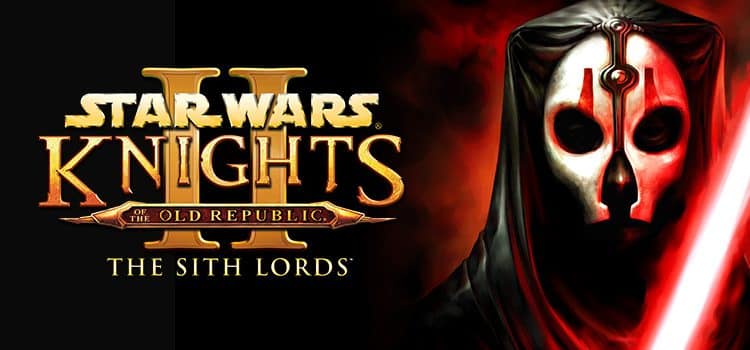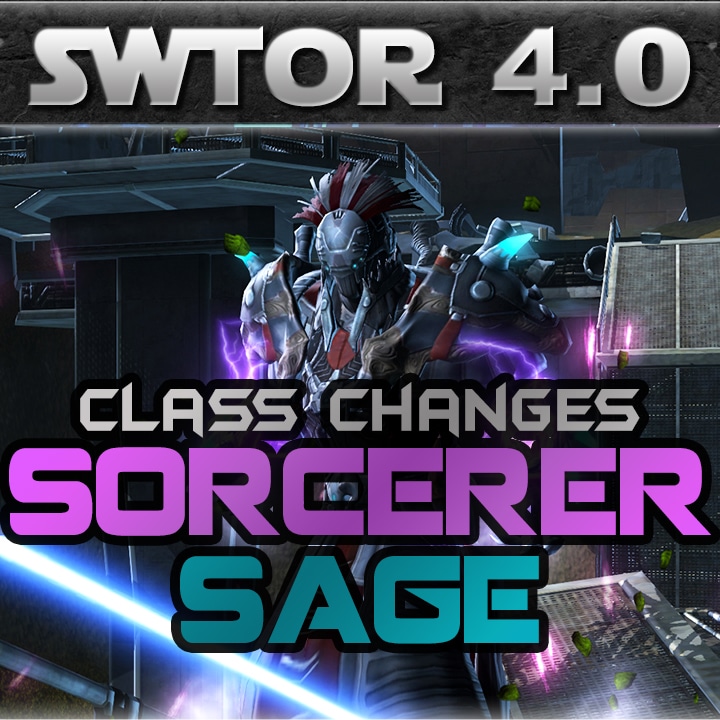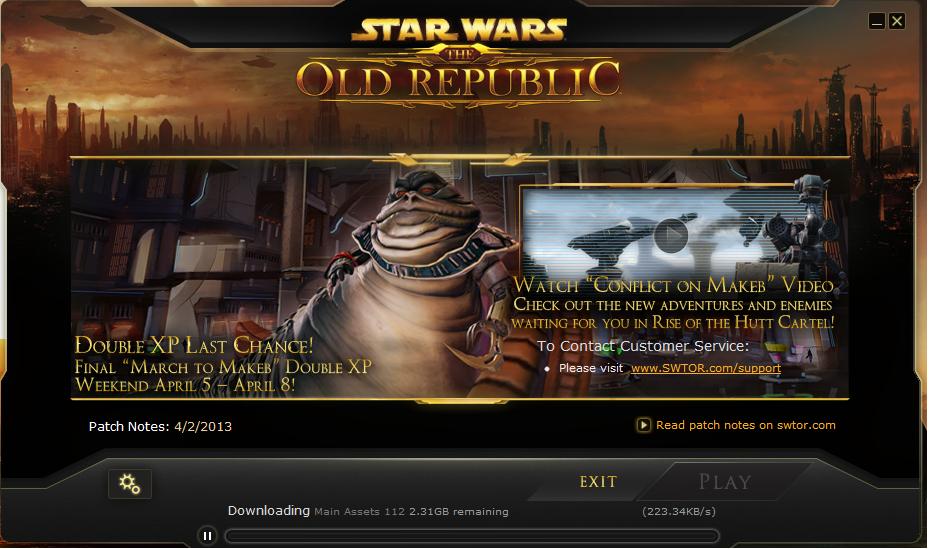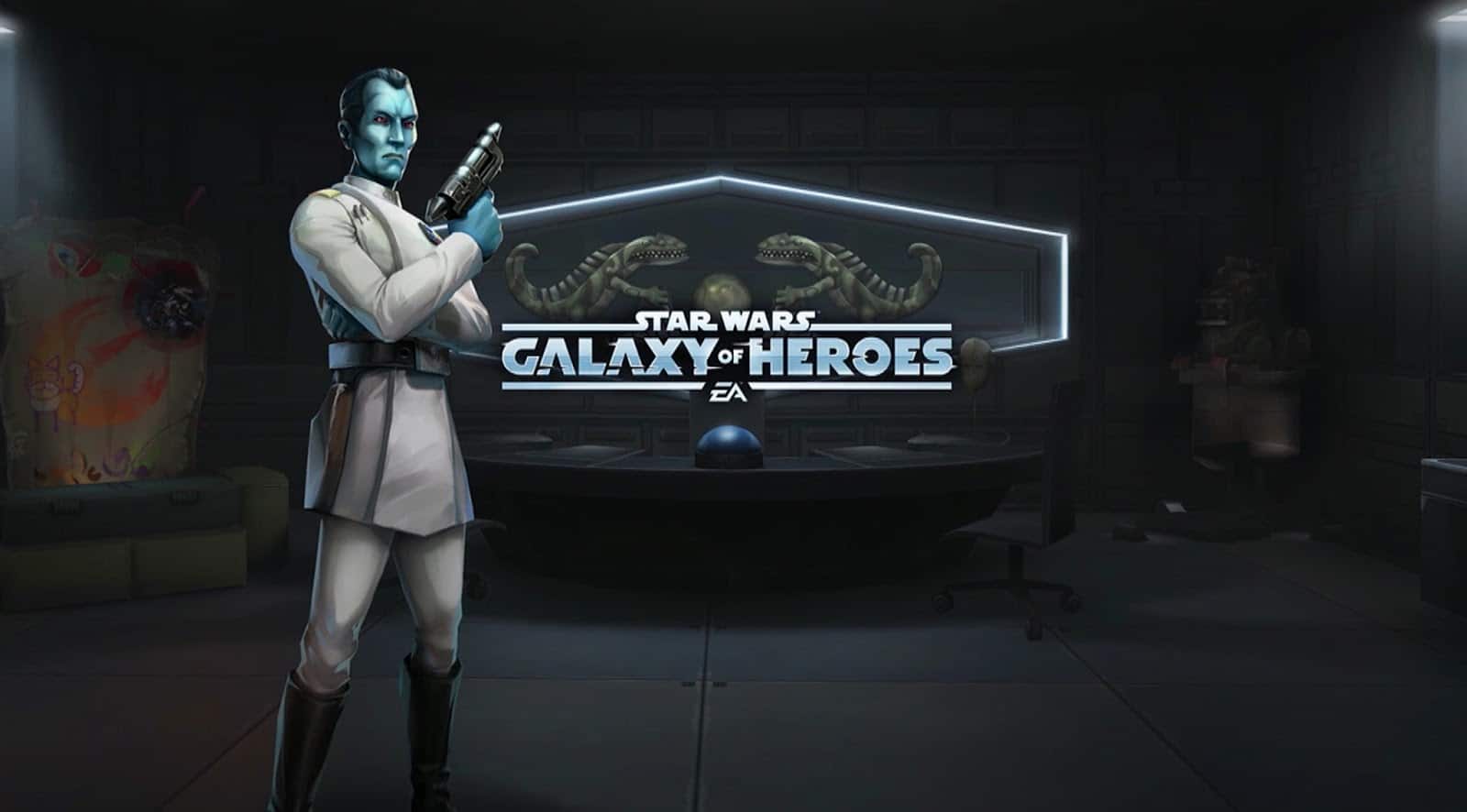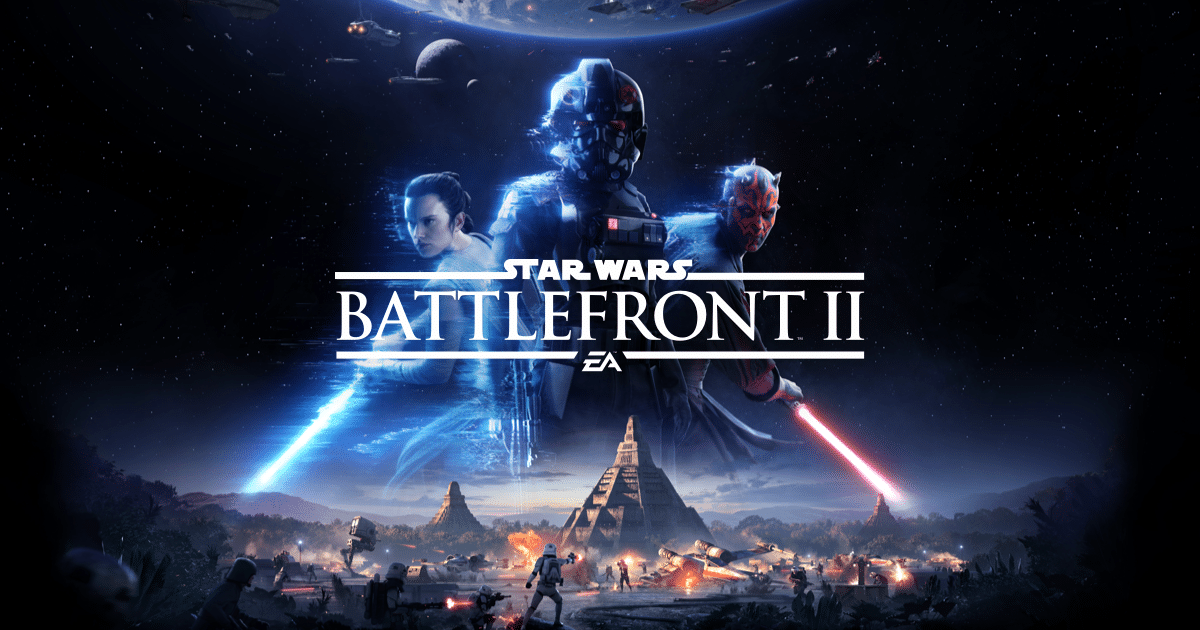In a saga reminiscent of the twists and turns of its own narrative universe, “Star Wars: Knights of the Old Republic II” (KOTOR 2) has become the center of a legal maelstrom. Aspyr Media, alongside Saber Interactive, faces a class-action lawsuit for not delivering on a promised DLC for the Nintendo Switch version of the game. This legal battle, initiated by plaintiff Malachi Mickelonis, accuses the companies of misleading marketing tactics and false advertising, inflaming the Star Wars gaming community. The controversy deepens with Aspyr Media’s claim that a mysterious third-party’s objection led to the DLC’s cancellation, leaving gamers feeling deceived and demanding legal redress. This tumultuous scenario sets the stage for a significant legal showdown in the gaming industry, highlighting issues around consumer trust and the intricate dynamics of game development and marketing.
The Promise and the Letdown
In a galaxy not so far away, the gaming community is witnessing a dramatic turn of events. Aspyr Media, a well-known publisher in the gaming industry, is currently embroiled in a class-action lawsuit over the cancellation of a much-anticipated DLC for “Star Wars: Knights of the Old Republic II” (KOTOR 2) on the Nintendo Switch. The lawsuit, spearheaded by plaintiff Malachi Mickelonis, alleges that Aspyr Media and Saber Interactive misled customers by promising the now-canceled Restored Content DLC, resulting in a storm of legal and fan backlash.
The Catalyst of Controversy
Initially, Aspyr Media had announced that the “Sith Lords” DLC would not be released for the Nintendo Switch version of KOTOR 2. As compensation, they offered customers a free Star Wars game. However, this move didn’t appease the disgruntled fans who had been eagerly awaiting the DLC. A group of these fans, led by Mickelonis, filed a lawsuit against Aspyr and Saber Interactive, accusing them of illegal marketing and false advertisements. The lawsuit claims that the developers advertised the game with the Restored Content DLC to boost sales, creating an obligation to either provide the DLC or issue refunds.
A Mysterious Third-Party Intervention
Adding to the intrigue, Aspyr Media claimed that the cancellation of the DLC was due to objections from an unidentified “third-party”. The announcement trailer for the Switch port of KOTOR 2 had previously stated that the Restored Content DLC was “coming soon”, and Aspyr had even provided a release timeline. However, in June 2023, they announced the cancellation of the DLC plans. Despite the cancellation, Aspyr attempted to placate customers by offering them a chance to download one of seven other games free of charge, including KOTOR 2 on Steam. Aspyr co-CEO Ted Saloch stated that they believed they could release the content but were prevented due to this third-party objection.
The Legal Standoff
In response to the lawsuit, Aspyr has made efforts to have it dismissed. The lawsuit paints a picture of players feeling “completely duped”, with Mickelonis claiming he didn’t even play KOTOR after purchasing it, choosing instead to wait for the DLC. The defendants, which include Aspyr and Saber Interactive, were given until October 4 to respond to the lawsuit. The plaintiff is seeking a trial by jury, attorney fees, costs, and additional relief, including disgorgement.
In summary, the saga surrounding the KOTOR 2 DLC has evolved into a complex legal battle, involving allegations of false advertising, a mysterious third-party objection, and the gaming community’s response to unfulfilled promises. The outcome of this lawsuit could have significant implications for how game content is advertised and delivered in the future.
Frequently Asked Questions: KOTOR 2 DLC Cancellation Lawsuit
1. What is the controversy surrounding KOTOR 2’s DLC?
- Aspyr Media canceled the Restored Content DLC for “Star Wars: Knights of the Old Republic II” on Nintendo Switch, leading to a class-action lawsuit.
2. Why was the DLC canceled?
3. What does the lawsuit allege?
- The lawsuit alleges that Aspyr Media and Saber Interactive misled customers by promising the DLC, thereby engaging in illegal marketing and false advertising.
4. Who filed the lawsuit?
5. What are the plaintiffs seeking?
6. How has Aspyr Media responded to the lawsuit?
- Aspyr has attempted to have the lawsuit dismissed and offered a free Star Wars game as compensation for the canceled DLC.
7. What does this case signify for the gaming industry?
- This case highlights the importance of truthful advertising in gaming and the complexities of game development involving third parties.


